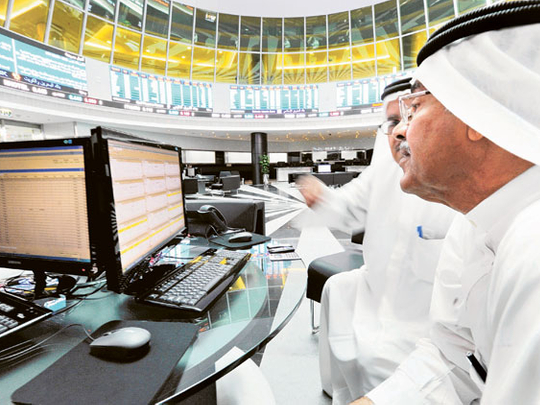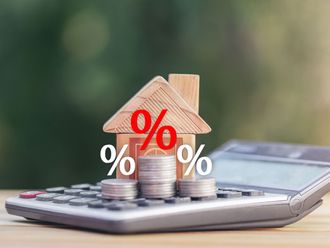
The state of Bahrain's economy is a mixed one, leaning more towards negative rather than positive developments.
Starting with encouraging news, the country is due to host — for the first time since 2010 — the Formula One Grand Prix races from the 20th to 22nd of this month.
In 2011, most F1 teams opted to shun a rescheduled appearance in Bahrain to protest the government's handling of protesters demanding political reforms.
Among other things, the championship is known for bringing about diverse benefits to the local economy on the back of steady spending by the host, enterprises and spectators.
The inflows cause spillover effects for numerous sectors including hospitality, aviation and car rental industries, to name a few such areas.
In addition, the country succeeded in launching the second Bahrain Air Show, an event that helped to solidify a much needed image and effectively pave the way for the return of F1.
Sadly, adverse economic occurrences loom. To begin, Bahrain's bourse dropped 20 per cent in 2011, the worst among Gulf Cooperation Council (GCC) countries. Except for Qatar, all other GCC stock markets suffered a fall in the values of their indexes last year.
More pressing news
Undoubtedly, emerging negative news relating to the financial services sector as well as the debt level are more pressing.
In March, Arcapita, a leading Bahrain-based investment bank, filed for Chapter 11 in the US for the sole purpose of protection from creditors.
Surprisingly, the bank had failed to come up with funds to pay creditors a sizable $1.1 billion (Dh4 billion).
Certainly, the move sets to undermine Bahrain's image as a key regional hub for financial institutions. The banking services sector is exceptionally significant for the well-being of Bahrain's economy by virtue of competing with the petroleum industry for supremacy.
Currently, the financial services sector is the primary contributor to gross national product (GDP) in real terms, but second only to the petroleum sector in nominal values reflecting oil prices.
Still, the country's public finances, namely the debt level, have recently become increasingly worrying and for understandable reasons. In the last few months, the authorities had resorted to borrowing to help finance a growing appetite for spending and for covering losses that were deemed essential.
Official statistics put outstanding debt at $8.4 billion in January, representing a notable one third of nominal GDP. The figure compares unfavourably with a debt level of 28 per cent of GDP in the first half of 2011. In retrospect, only in 2008, outstanding debt amounted to only 10 per of GDP.
Nevertheless, the debt level remains below 60 per cent of GDP as stipulated by the Gulf Monetary Union (GMU) scheme. Bahrain plus three other GCC countries are members of GMU, which went into effect in 2010.
Ostensibly, the stronger borrowing is partly meant to trump up support for vital firms like Gulf Air. The carrier is likely to receive a whopping $1.75 billion of government funding to help making it operational. This is an exceptional amount noting that projected spending for fiscal year 2012 amounts to $8.1 billion.
In 2010, the last year for which figures are available, the airline lost a hefty $500 million. It is fair to assume that the socio-political crisis of 2011 has further worsened Gulf Air's financial position.
The carrier's move includes cancelling two profitable routes to Iraq and Iran as part of a government decision, hence the rescue option.
It is hoped that steady spending by the public sector would entice private sector investors to follow suit for the good of Bahrain's economy.
The writer is a Member of Parliament in Bahrain.












